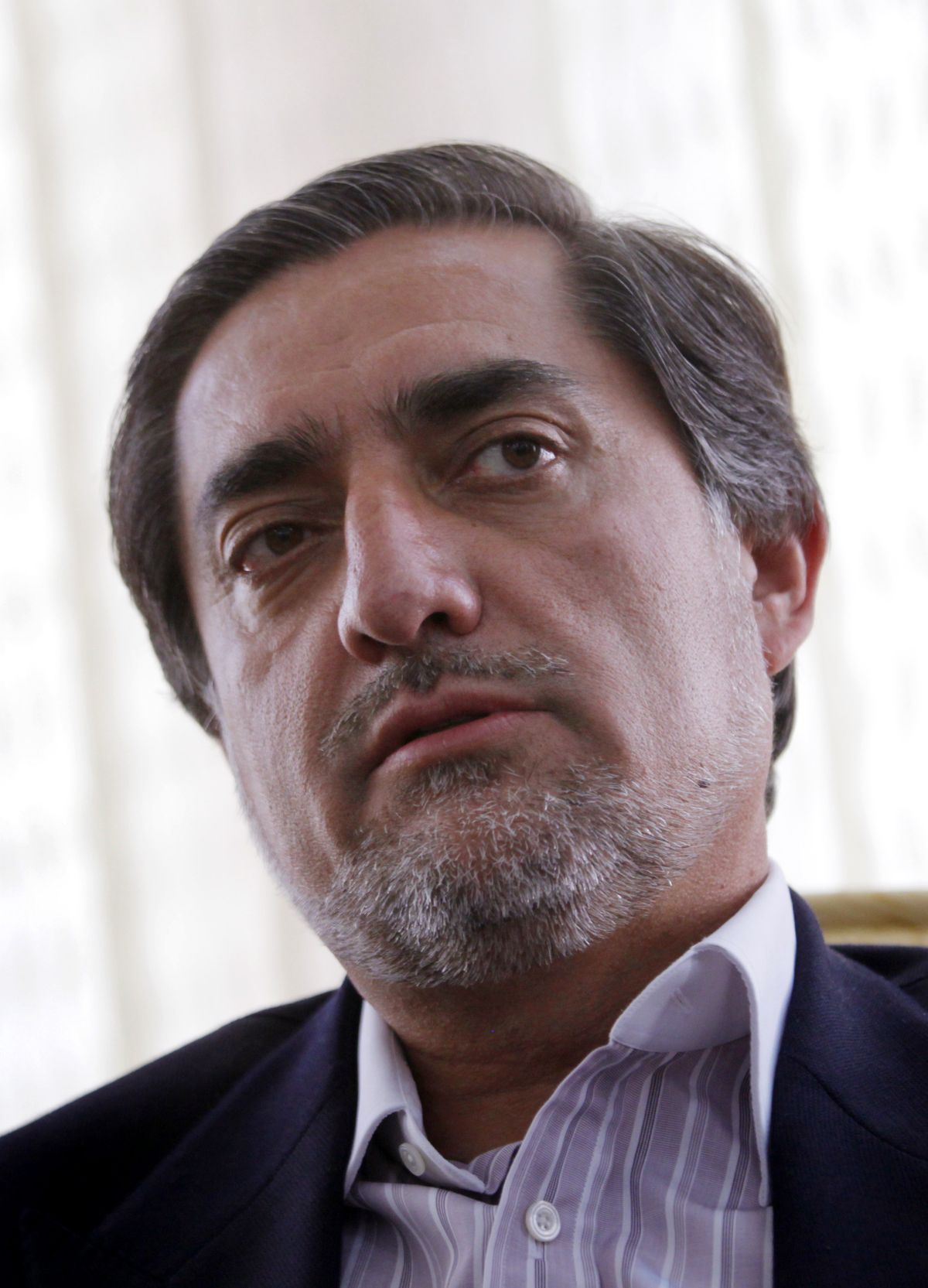Afghan panel changed fraud rules after vote
Move raised Karzai’s tally above minimum for runoff

KABUL, Afghanistan – After it determined that excluding questionable ballots in Afghanistan’s August presidential election would force President Hamid Karzai into a runoff, the country’s Independent Election Commission voted to allow to them be counted, commission and Western officials told McClatchy.
The Sept. 7 vote, which was detailed in commission documents reviewed by McClatchy, abandoned the tough standards to detect fraud that the panel had approved unanimously only 10 days earlier. This allowed hundreds of thousands of questionable votes to be included in the results, according to a commission official.
On Sept. 8, the day after the vote, the commission announced a new tally that boosted Karzai’s count from about 47 percent to 54 percent of the vote – enough for him to avoid a runoff and claim a second five-year term if the margin receives a final certification.
The decision to change the rules after the voting for Karzai’s benefit has further strained relations between the United States and Karzai, who did not yield to pressure from the Obama administration to get the commission to reconsider the decision.
The effort to rig the election for Karzai comes atop evidence of widespread fraud at polling places and in the vote counting. This compounds the difficulties that President Barack Obama faces in defining America’s goals and strategy in Afghanistan amid rising casualties and declining public and political support for the U.S.-led war there.
The United States and its European allies had hoped that the election, which the U.S. administration initially hailed as a success, would produce a stable government as part of a new U.S.-led strategy aimed at sapping support for the Taliban-led insurgency.
Karzai’s closest challenger and the former foreign minister, Abdullah Abdullah, has repeatedly charged that the commission has colluded in “state-engineered fraud” to rig the election for Karzai.
The Sept. 7 decision raises questions about the autonomy of the Independent Election Commission, whose seven members were appointed by Karzai. Five commissioners voted to relax the anti-fraud standards, one dissented and one was absent, according to the commission documents reviewed by McClatchy.
As fraud allegations mounted, the election commission on Aug. 29 unanimously adopted six standards by which votes could be judged for fraud.
These standards included an examination of all voting sites that registered unusually high turnouts of 600 people or more. They also called for excluding votes when more than 90 percent from one site went to a single candidate, according to the commission documents obtained by McClatchy.
During the first week of September, an analysis of the results indicated that applying the standards would prevent Karzai from getting the more than 50 percent margin required to avoid a runoff against Abdullah, according to Western officials and a commission official.
“On those days, they (the commissioners) were in a panic, a hurry,” said the commission official. “They realized if those votes were not included, it would go to a runoff.”
Two Western officials confirmed that account.
Then, on Sept. 7, the vote was taken to relax the standards.